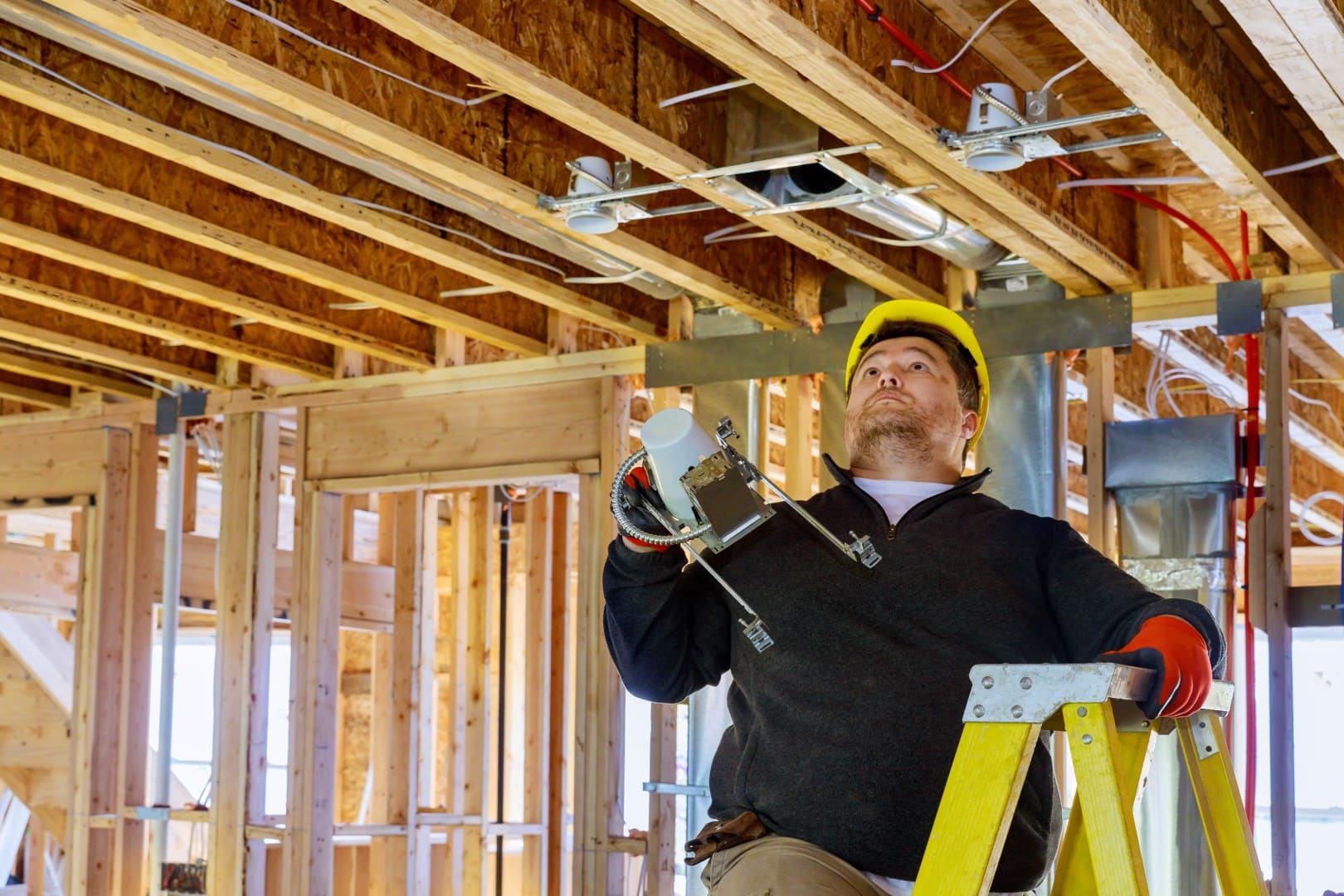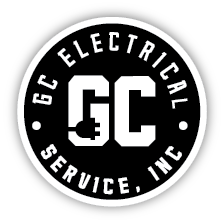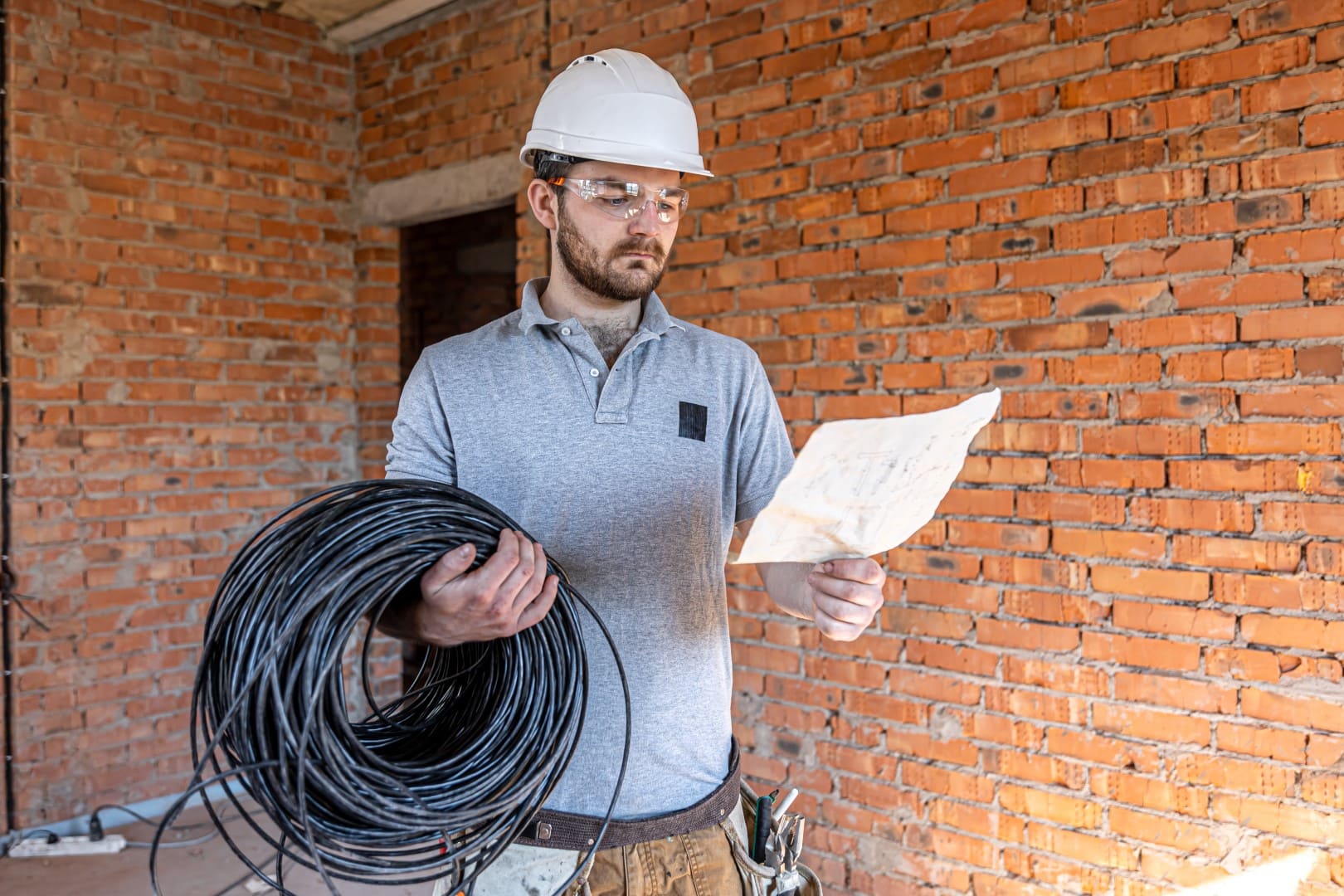Energy-efficient features are becoming a cornerstone of modern home construction, offering environmental and financial benefits. Homeowners today are increasingly looking for ways to reduce energy consumption, lower utility bills, and minimize their carbon footprint. Incorporating energy-efficient systems and technologies into new home construction can significantly improve a home's performance and increase its value. Explore the key benefits of energy-efficient features in new home construction and why they are a smart investment for the future in this blog.
Roles of Energy-Efficient Features in New Home Construction
Energy-efficient features are becoming increasingly important in new home construction. As homeowners seek to reduce their energy consumption and lower their environmental impact, builders are incorporating technologies and designs that enhance a home's efficiency. These features not only help homeowners save on utility costs but also contribute to the home's overall sustainability. From better insulation to smart technology, energy-efficient features transform how houses are built. Below is a list of features that play major roles in modern home construction.
Improved Insulation and Sealing
One key way energy-efficient features enhance new home construction is through improved insulation and sealing. Proper insulation helps regulate indoor temperatures by keeping heat in during the winter and out during the summer. When homes are well-insulated and sealed against drafts, less energy is required for heating and cooling, reducing utility bills and the strain on HVAC systems. Builders are now using materials and techniques that maximize insulation, making homes more energy-efficient and comfortable throughout the year.
High-Performance Windows and Doors
Windows and doors are another critical aspect of energy-efficient construction. Traditional windows and doors often allow heat and cold air to escape, leading to increased energy use. In contrast, energy-efficient windows and doors are designed to minimize heat transfer, keeping the home more comfortable and reducing the need for constant heating and cooling. Features such as double-glazed glass, low-E coatings, and insulated frames help minimize energy loss while improving the home's overall thermal performance.
Energy-Efficient HVAC Systems
Heating, ventilation, and air conditioning (HVAC) systems significantly contribute to a home's energy consumption. New homes incorporating energy-efficient HVAC systems can maintain optimal indoor air quality and temperature while using less energy. Modern HVAC systems are designed to operate more efficiently, with advanced controls and zoning options allowing for precise temperature management in different home areas. They enhance comfort and reduce overall energy consumption, leading to long-term savings.
Smart Home Technology
Smart home technology is becoming an essential component of energy-efficient new home construction. From programmable thermostats to automated lighting systems, smart technology allows homeowners to control their energy use more effectively. These systems can be set to adjust temperatures, turn off lights, and even monitor energy consumption remotely. The ability to optimize energy use based on actual needs helps reduce waste and ensures that homes are running as efficiently as possible.
Solar Power Integration
Many new homes are now being built with solar power systems as part of their energy-efficient features. Solar panels generate renewable energy by harnessing sunlight, reducing the need for electricity from traditional sources. Integrating solar power into new home construction allows homeowners to significantly reduce their energy costs while contributing to a cleaner environment. In some cases, excess energy produced by solar panels can even be fed back into the grid, providing additional financial benefits.
Investing Long-Term for New Home Construction
Energy-efficient features play a vital role in the construction of modern homes, offering homeowners numerous advantages. From reducing energy bills to enhancing comfort and sustainability, these features help create homes that are both eco-friendly and more cost-effective in the long run. By incorporating improved insulation, high-performance windows, efficient HVAC systems, innovative technology, and solar power, new homes are setting the standard for energy efficiency and environmental responsibility. Energy-efficient construction is no longer just a trend—it's becoming the future of home building.
Choosing Energy-Efficient Materials for New Home Construction
Selecting the right materials is critical to designing an energy-efficient home. The materials used in home construction significantly impact a home's overall energy performance. By opting for energy-efficient materials, builders and homeowners can create structures that reduce energy consumption, lower utility bills, and contribute to environmental sustainability. These materials are designed to optimize insulation, reduce heat transfer, and increase the home's durability. Below, we explore how choosing the right energy-efficient materials can benefit home construction.
Insulation Materials for Better Energy Efficiency
Insulation is one of the most important components of an energy-efficient home. High-quality insulation materials, such as spray foam, fiberglass, or cellulose, help regulate indoor temperatures by minimizing heat exchange between the inside and outside. This means the home stays warmer in winter and cooler in summer, reducing the need for excessive heating and cooling. Choosing the right insulation material with a high R-value, which measures thermal resistance, ensures that your home remains energy-efficient throughout the year, reducing energy consumption.
Energy-Efficient Windows and Glazing
Windows are a key factor in energy-efficient home construction, as poorly insulated windows can lead to significant energy loss. Selecting energy-efficient windows with double or triple glazing, low-emissivity (low-E) coatings, and insulated frames can reduce heat transfer. These windows help maintain consistent indoor temperatures by keeping the heat out during summer and retaining warmth during winter. The improved performance of energy-efficient windows leads to reduced energy bills and a more comfortable living environment.
Sustainable Roofing Materials
Roofing plays a major role in a home's energy efficiency. Sustainable roofing materials, such as cool roofs, metal, or clay tiles, are designed to reflect more sunlight and absorb less heat, reducing the home's cooling load. Additionally, installing insulation beneath the roof helps prevent heat from entering the home, improving energy efficiency. Choosing energy-efficient roofing materials reduces the strain on HVAC systems, lowers energy costs, and increases the roof's longevity.
Environmentally Friendly Building Materials
Incorporating eco-friendly materials like reclaimed wood, bamboo, or recycled steel into home construction reduces the carbon footprint and enhances energy efficiency. These materials often come with inherent insulation properties and are sourced sustainably. For example, bamboo grows rapidly and can be harvested with minimal environmental impact, while recycled steel reduces landfill waste. Using these materials in key areas such as flooring, structural supports, and wall construction creates an environmentally conscious and energy-efficient home.
Advanced Wall Systems
The walls of a home play a crucial role in determining its energy efficiency. Advanced wall systems such as insulated concrete forms (ICFs) and structural insulated panels (SIPs) offer superior insulation and airtightness compared to traditional wall construction methods. These systems create highly energy-efficient homes by minimizing heat transfer and air leaks. Additionally, they contribute to the home's structural integrity, making it more durable while lowering energy consumption.
Energy-Efficient Materials in New Home Construction
Choosing energy-efficient materials is a crucial step toward building homes that are comfortable, environmentally friendly, and cost-effective. Each choice directly impacts a home's overall efficiency and durability, from high-performance insulation to sustainable roofing materials and advanced wall systems. By integrating these materials into home construction, builders can create long-lasting, energy-efficient homes that benefit homeowners and the environment for years to come.

How Energy Efficiency Reduces Costs in New Homes
Energy efficiency has become a key consideration in new home construction, offering immediate and long-term financial benefits. Homes built with energy-efficient features reduce the environmental impact and help homeowners save significantly on utility costs. By incorporating advanced materials, appliances, and technologies designed to minimize energy consumption, these homes can lower the ongoing electricity, heating, and cooling costs. Here’s a list of how energy-efficient designs and technologies can help reduce costs in new homes.
Lower Heating and Cooling Expenses
Reduced heating and cooling expenses are one of the most significant cost savings in an energy-efficient home. Proper insulation, energy-efficient windows, and advanced HVAC systems are essential to maintaining consistent indoor temperatures with less energy usage. Homes with better insulation reduce the need for continuous heating in the winter and cooling in the summer, helping to lower energy bills. Additionally, energy-efficient HVAC systems work more efficiently to maintain the desired temperature, using less power and ultimately reducing monthly utility costs.
Energy-Efficient Appliances
Using energy-efficient appliances is another major contributor to cost savings in new homes. Appliances with the ENERGY STAR rating, such as refrigerators, washing machines, and dishwashers, are designed to use less energy without sacrificing performance. These appliances consume less electricity and water, reducing overall utility bills. While the upfront cost of energy-efficient appliances may be slightly higher than standard models, the savings in operational costs over time make them a worthwhile investment for homeowners.
Solar Power Reduces Energy Dependence
Homes equipped with solar panels can significantly reduce or even eliminate electricity costs by generating power from a renewable source. Solar panels convert sunlight into electricity, allowing homeowners to rely less on the grid. Any excess energy produced can often be stored or sold back to the utility company, reducing electricity bills. While installing solar panels requires an initial investment, the long-term savings can be substantial, especially in areas with abundant sunlight.
Efficient Water Use Reduces Utility Costs
Energy-efficient homes are also designed to reduce water consumption, leading to lower utility costs. Features such as low-flow faucets, showerheads, toilets, and water-efficient irrigation systems help conserve water without compromising function. Efficient water heaters, like tankless models, also contribute to energy savings by only heating water as needed rather than keeping a large water tank heated at all times. These water-saving features reduce overall utility costs, particularly in areas where water prices are high.
Longer Lifespan of Systems and Components
Energy-efficient homes are often built with high-quality materials and systems designed to last longer and require less maintenance. For example, LED lighting, energy-efficient HVAC systems, and high-performance windows are more durable and longer-lasting than their traditional counterparts. This reduces the need for costly repairs and replacements over time. With fewer repairs and a longer lifespan, homeowners save on maintenance costs while benefiting from improved energy performance.
Energy Efficiency in New Home Construction
Incorporating energy-efficient features into home construction enhances sustainability and offers substantial financial benefits. Homeowners can significantly lower utility costs by reducing energy consumption through advanced appliances, insulation, and solar power. Efficient water use and durable materials further contribute to long-term savings. Overall, energy efficiency is crucial in making new homes more cost-effective and environmentally friendly, ensuring that homeowners reap immediate and future financial rewards.
The Future of New Home Construction
The future of home construction is undeniably tied to energy efficiency, sustainability, and advanced technology. As the demand for greener, more cost-effective homes grows, builders and homeowners alike recognize the benefits of integrating energy-efficient materials, smart systems, and renewable energy sources into new construction projects. These homes provide financial savings, reduce environmental impact, and increase comfort for occupants. The construction industry is shaping a more sustainable future for all by embracing these trends.
For more expert insights on home construction and energy-efficient solutions, visit our GC Electrical Service Inc. blog.


